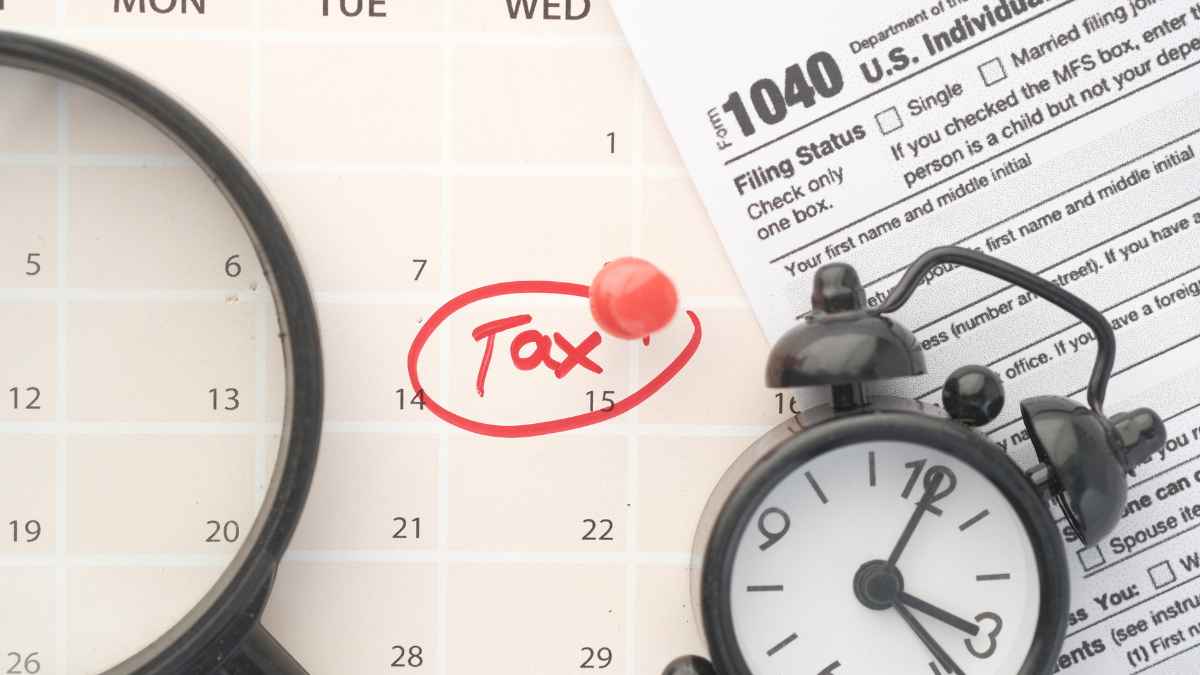Need a little breathing room to organize your paperwork before Tax Day?
The good news is that if you can’t gather all the necessary forms by the April 15, 2025, deadline, you can request an official extension from the Internal Revenue Service (IRS). This option grants up to six additional months for filing, helping you dodge potential penalties for late submission.
Millions of taxpayers across the United States are racing toward the official cutoff for filing their 2024 tax returns in 2025. Whether you’re missing key documents, still crunching financial changes, or simply overwhelmed by the approaching due date, knowing how to apply for an extension can make a big difference. Keep in mind that any taxes owed are still due by April 15, so plan accordingly to avoid interest charges.
Details about securing an extension for the 2025 tax filing Process in the United States
Requesting more time to submit your return is relatively straightforward: Complete IRS Form 4868 electronically through authorized tax software or by mailing a paper copy before April 15, 2025. Once accepted, you’ll have until October 15, 2025, to finalize your paperwork. However, it’s critical to pay any estimated amount you owe by the original deadline to prevent accruing penalties.
Some filers automatically receive an extended timeline if they live in a FEMA-declared disaster area, such as regions affected by the California wildfires. In these circumstances, the IRS can push both filing and payment deadlines to help taxpayers recover.
State-level variations in tax deadlines that could affect your overall filing strategy this year
While federal returns usually share the same deadline, states can differ. Most follow the April 15 calendar, but a few operate with distinct due dates:
| State | Deadline |
|---|---|
| Hawaii | April 20, 2025 |
| Delaware | April 30, 2025 |
| Iowa | April 30, 2025 |
| Virginia | May 1, 2025 |
| Louisiana | May 15, 2025 |
If you reside in a state with a separate cutoff, mark your calendar to avoid confusion. For those in Alaska, Florida, Nevada, New Hampshire, South Dakota, Tennessee, Texas, Washington, or Wyoming, there’s no state income tax to file.
Practical strategies to avoid penalties and interest when requesting a filing extension or paying late
Can the IRS fine you if you don’t owe anything? The answer is generally no – if you’re due a refund, no late-filing penalty applies. Still, submitting late means postponing any reimbursement you might receive. Those who fail to file on time and owe money face a 5% monthly penalty on unpaid taxes, up to 25%. Interest also accumulates on outstanding balances. If you can’t cover your full tax bill right now, consider an IRS payment plan to reduce the financial burden. Here’s a quick list to help streamline your tax process:
- Gather all W-2s, 1099s, and receipts in one folder.
- Double-check state-specific requirements before filing.
- Consider e-filing for faster approval and quicker refunds.
- Pay estimated taxes by April 15, even if you request an extension.
Many filers wonder when they’ll receive refunds. For electronically submitted returns, the IRS often issues payments within 21 days, especially if direct deposit is chosen. Paper returns can slow the process, so online filing is typically faster. If your return has errors or missing information, expect delays while the IRS verifies each detail.
Staying informed about due dates, extension procedures, and payment rules will help you tackle tax season without unnecessary stress. If you need more time, submit Form 4868 and make any required payments by April 15, 2025. That way, you’ll secure extra months to finalize your return – without risking hefty penalties.

